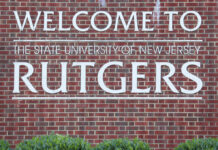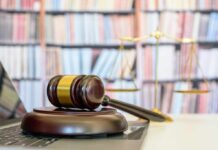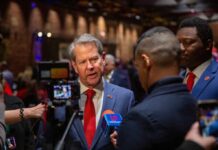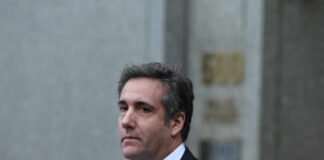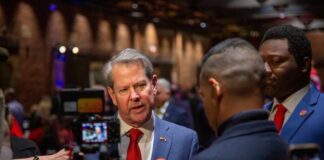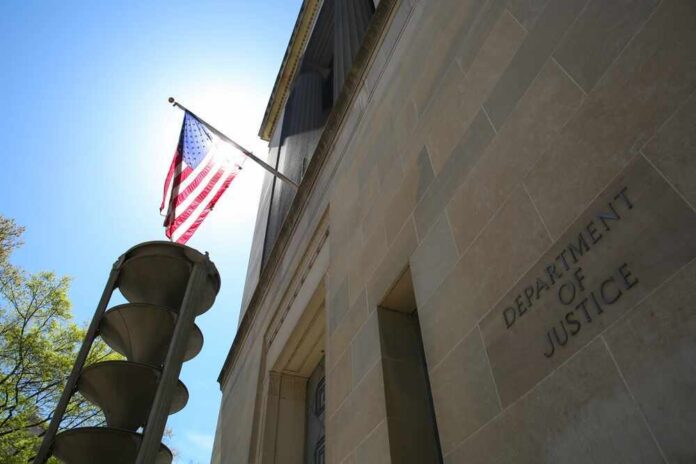
In recent closed-door congressional testimony, U.S. Attorney David Weiss, Department of Justice (DOJ) special counsel in the Hunter Biden investigation, provided conflicting accounts regarding his authority to charge the president’s son, eliciting critical scrutiny on the DOJ’s transparency and motivations.
Earlier this year, Weiss suggested to a top DOJ official that he be granted “special attorney” authority to proceed with charges against Hunter Biden. In his later testimony he contradicted himself, indicating he was promised such authority instead of being officially appointed. This inconsistency during his House Judiciary Committee’s interview casts doubt on the integrity of the investigation process and Weiss’ role.
David Weiss Gives More Conflicting Testimony About His Authority To Charge Hunter Biden https://t.co/ajcONOvI1I
— Mollie (@MZHemingway) November 10, 2023
The House’s inquiry into Weiss’ potential Section 515 special attorney authority — a provision allowing a U.S. attorney to initiate criminal proceedings outside their district — illuminated more ambiguities. Weiss’ claim that he was assured the ability to charge Hunter Biden in D.C. or California if needed contradicts his later statement that he would seek formal authority when ready to file charges. This back-and-forth narrative is at odds with Attorney General Merrick Garland’s assertion to Sen. Chuck Grassley (R-IA) in March that Weiss “has full authority” for such actions.
Weiss’ reluctance to give a clear answer undermines the credibility of the DOJ’s operation. His and Garland’s persistent wordplay instead of transparent acknowledgment about the true extent of Weiss’ charging powers could suggest a reluctance to admit misleading Congress and the public about Weiss’ independence in the Hunter Biden case. For months, Garland assured the nation that politics played no role in the investigation due to Weiss’ supposed autonomy.
Furthermore, the revelations from IRS whistleblower Gary Shapley, which Weiss and Garland’s narratives seem to oppose, raise the question of whether there’s more to the story. Shapley’s testimony suggests that Weiss lacked the authority to charge Hunter Biden in California, counter to Garland’s claims. If Shapley’s account of an October meeting holds true, it possibly corroborates additional obstructions he testified to, deepening the suspicion surrounding the DOJ’s handling of the case.
Weiss’ testimony before the Judiciary Committee adds another layer to the muddled situation. Despite adamant claims of being eventually granted authority to bring charges in California and Washington, D.C., Weiss failed to clarify why he didn’t pursue charges in D.C. and was unsuccessful in partnering with California’s U.S. Attorney’s Office. This leaves a glaring question: why did these opportunities to hold Hunter Biden accountable slip away?
The special counsel’s refusal to discuss various aspects of the case, combined with Judiciary Chairman Jim Jordan’s (R-OH) description of Weiss as inconsistent, further fuels concerns about the DOJ’s objectivity and effectiveness. The lack of transparency feeds into the conservative critique of a politicized justice system that is more intent on protecting its own than serving justice.
Weiss’ wavering testimony and the DOJ’s evasive maneuvers do little to quell the public’s growing distrust. As the situation unfolds, the demand for clear-cut answers and accountability from our nation’s top legal authorities intensifies.


